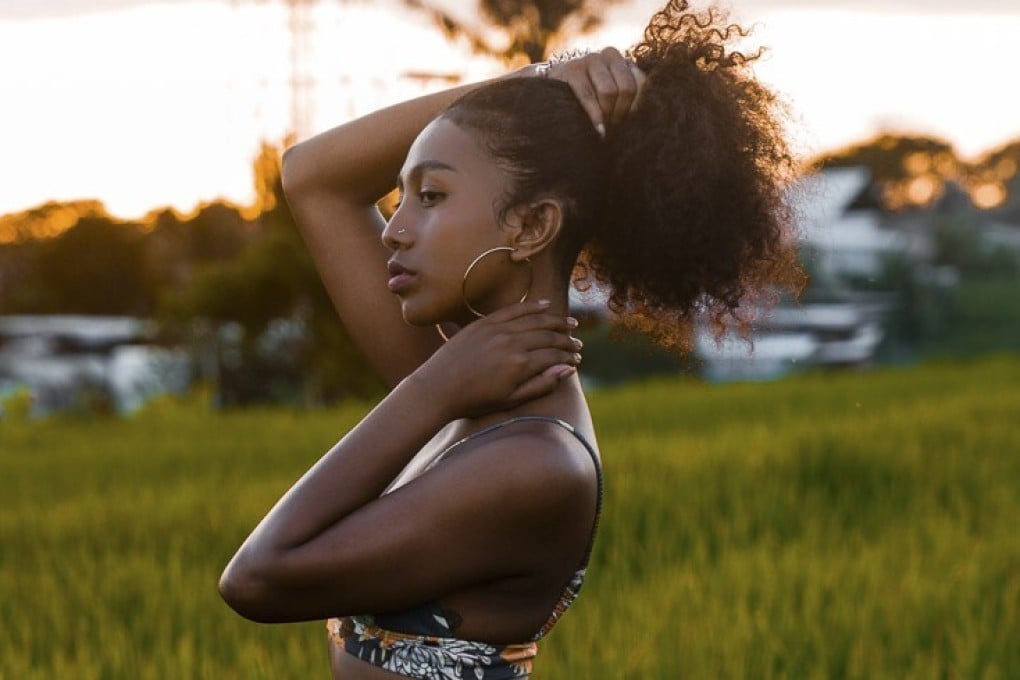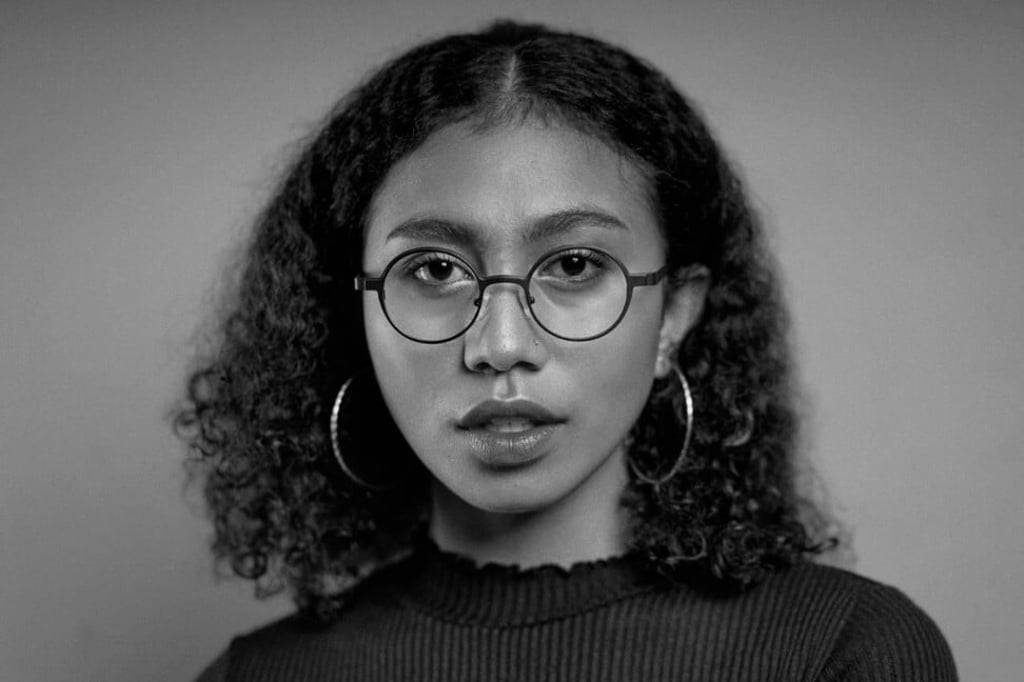Racism in Indonesia: discriminated against over their hair and skin tone, Papuan models and make-up artists fight back on social media
- Papuans are Melanesian, meaning their skin is darker than that of most Indonesians and their hair is curly. This makes them targets of colourism and worse
- Papuan models and make-up artists use social media platforms to share beauty tips and campaign for acceptance using the hashtag PapuanLivesMatter

Indonesian model Monalisa Sembor remembers how she used to stand for hours in front of a mirror as a little girl, wondering if she was pretty. Every time she went with her mother to the local hair salon in Wamena, Papua, Indonesia she asked if she could get her tight, springy ringlets straightened.
“My mother, who has the straight hair I always wanted, thinks my curly hair is very beautiful, so naturally she never gave permission,” Sembor says with a chuckle. “Finally I was able to say to myself, ‘No, no, no. I am beautiful as I am’.”
Once, Sembor recalls, when she was out walking with a relative in Java, a stranger said: “Your hair looks like noodles. When you’re hungry you can take some from your head.”

Later, when she first began modelling, at a shoot for a major international shampoo brand, people made rude remarks. “How come you are a main talent?” one person asked. “You have dark skin and your hair is curly,” the person added, echoing discriminatory language often levelled at Papuans in other parts of the country.
Now Sembor is proud of her hair, and she started a campaign on Instagram, #SavePapuanCurls, so her 68,000 followers will see that curls do not need “fixing”. She has posted more than 700 photos of herself posing, showing off her glowing dark skin and big, curly hair. Using her Instagram presence, Sembor wants to convey a message of self-acceptance.